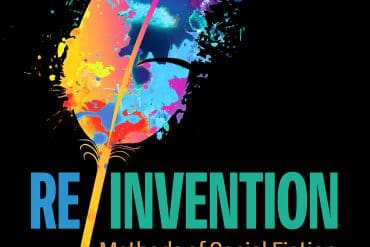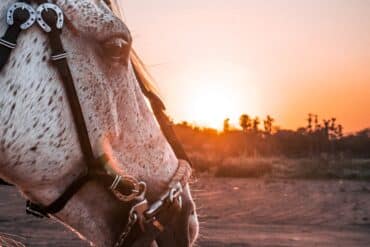Jessica Smartt Gullion·
All ContentAutoethnographic EssaysCelebrating Dr. Patricia Leavy's Social Fiction 2024Special Issues
··12 min readLeavy is more than the mother of the social fiction movement in the social sciences; she’s its fairy godmother.









